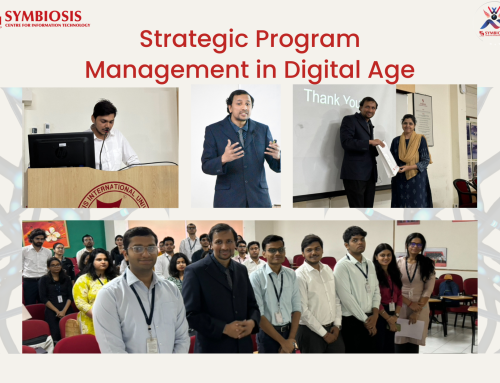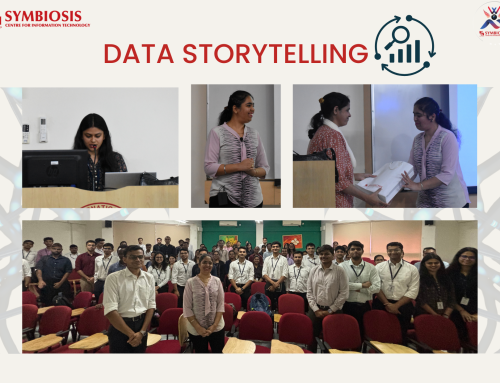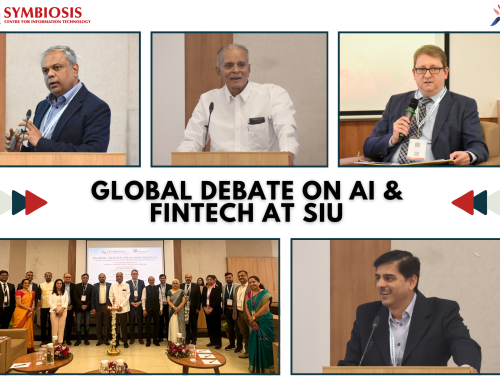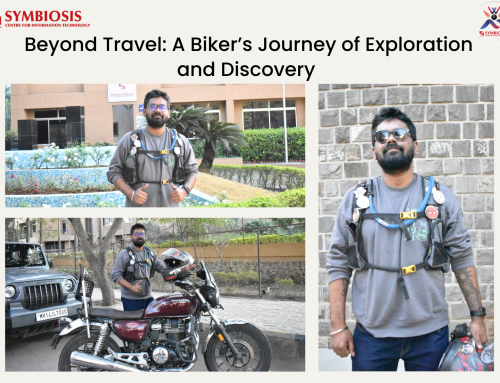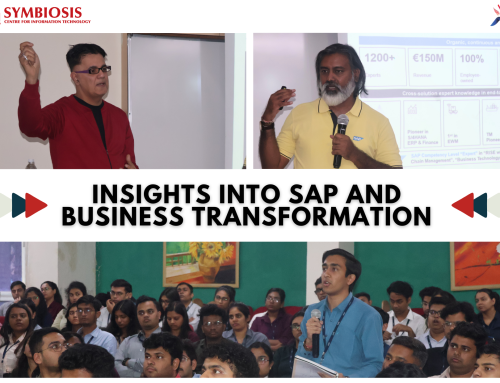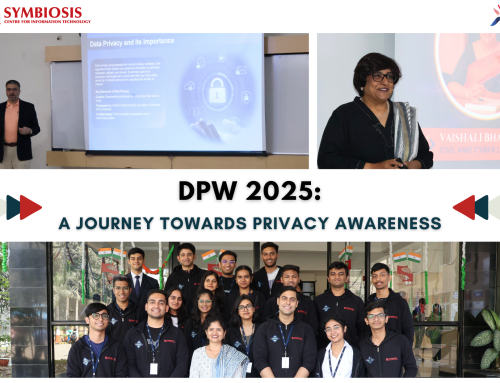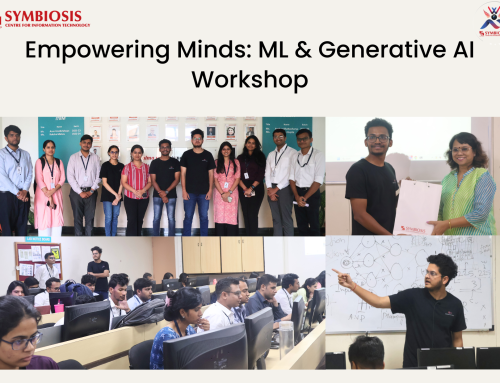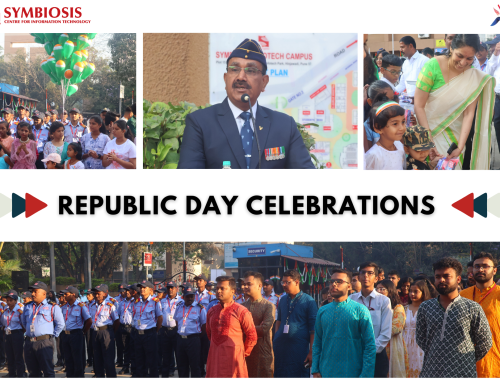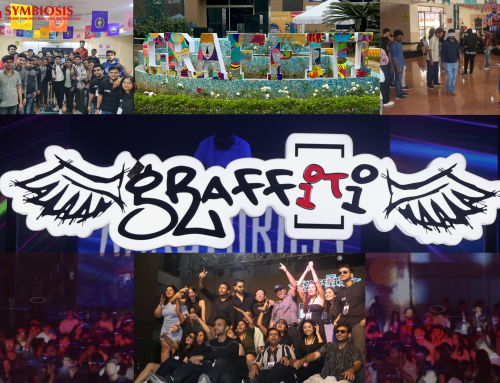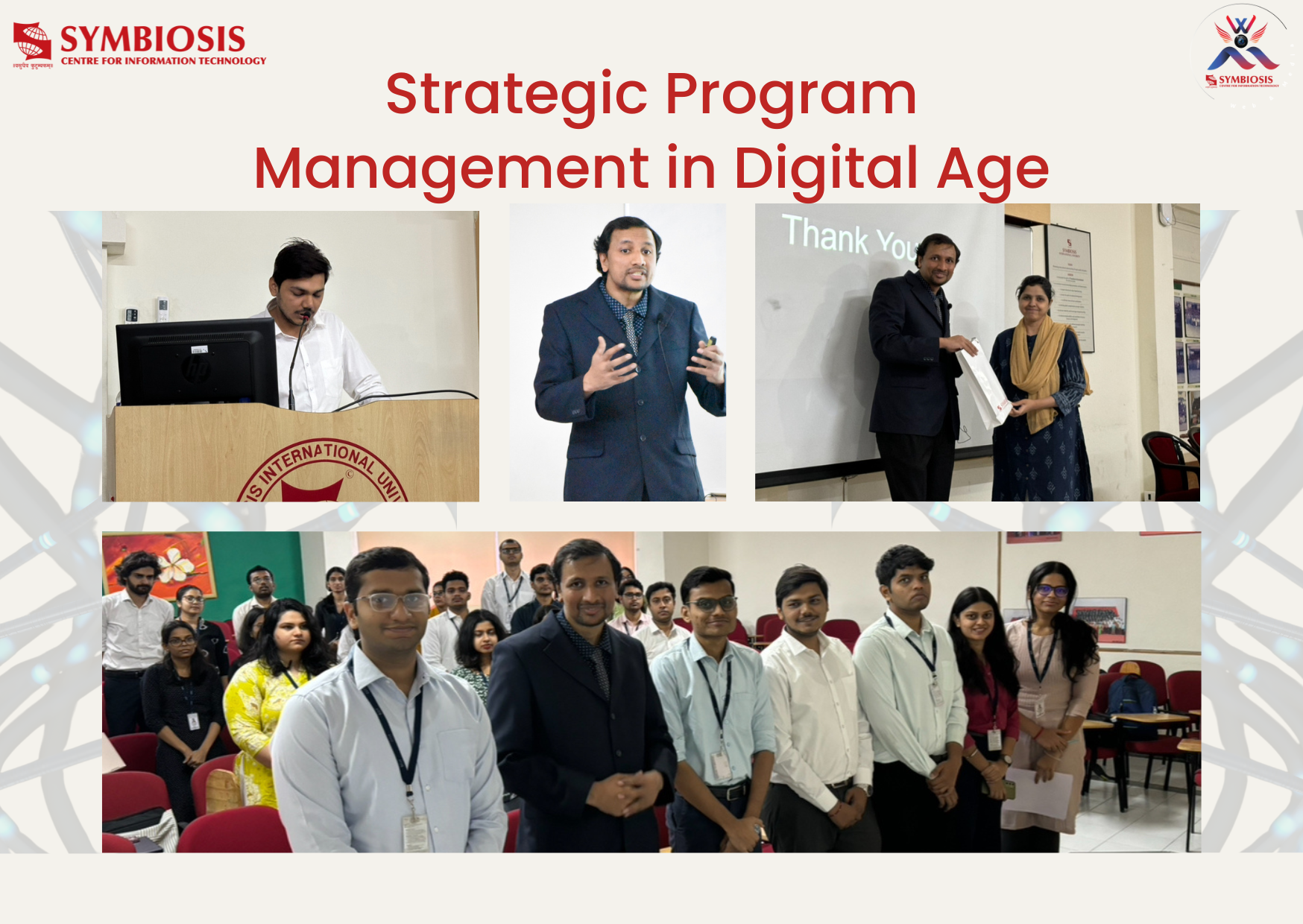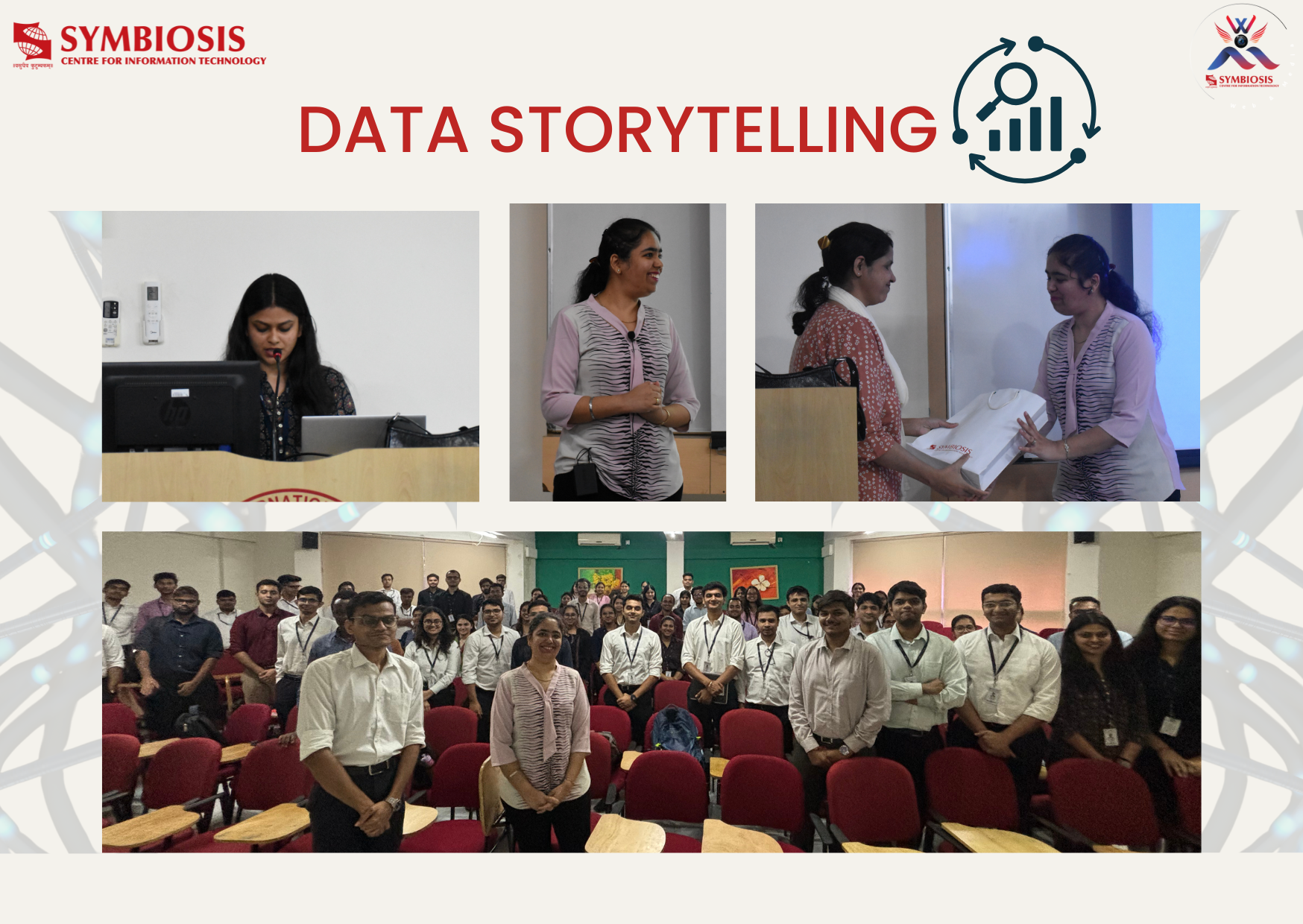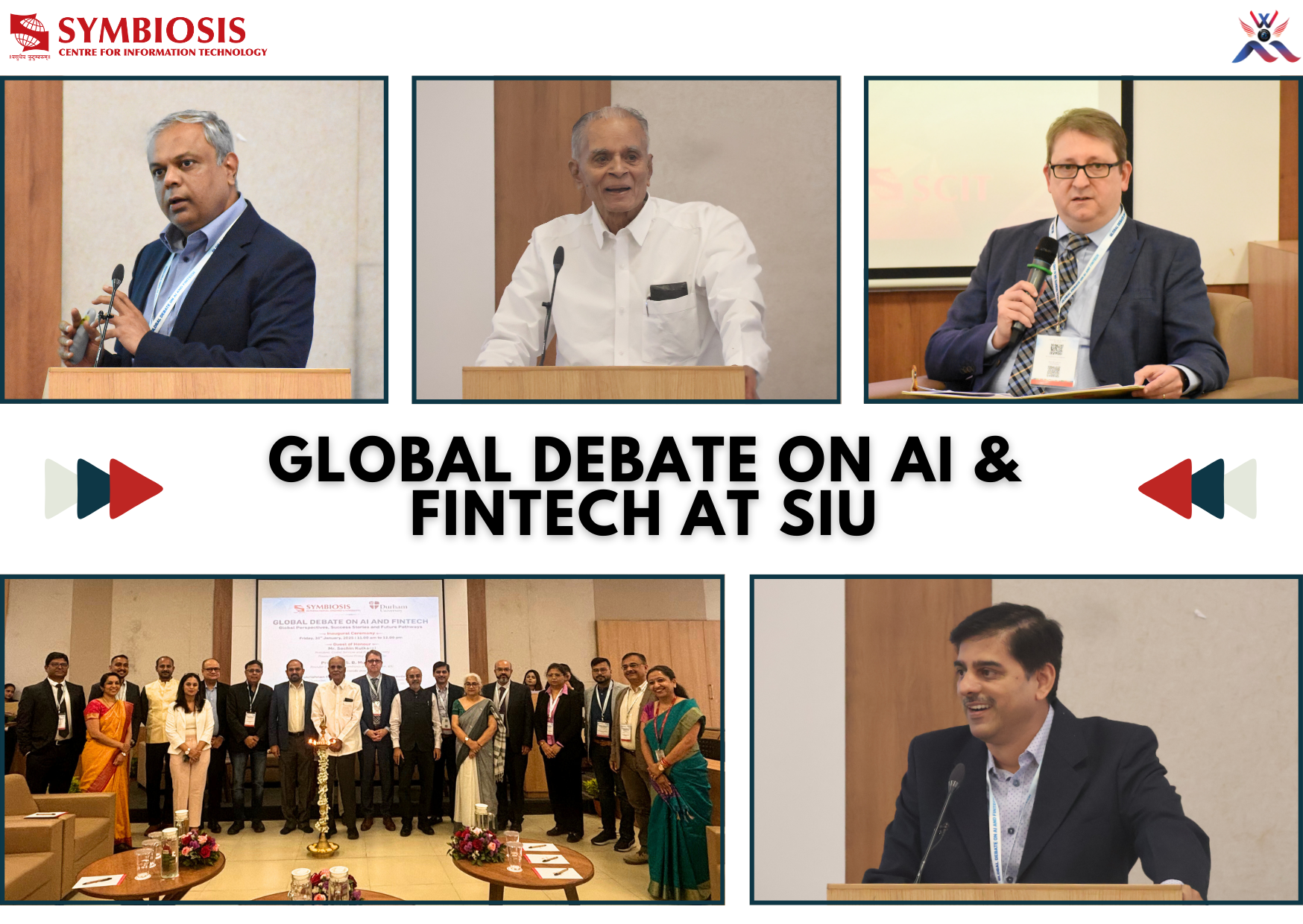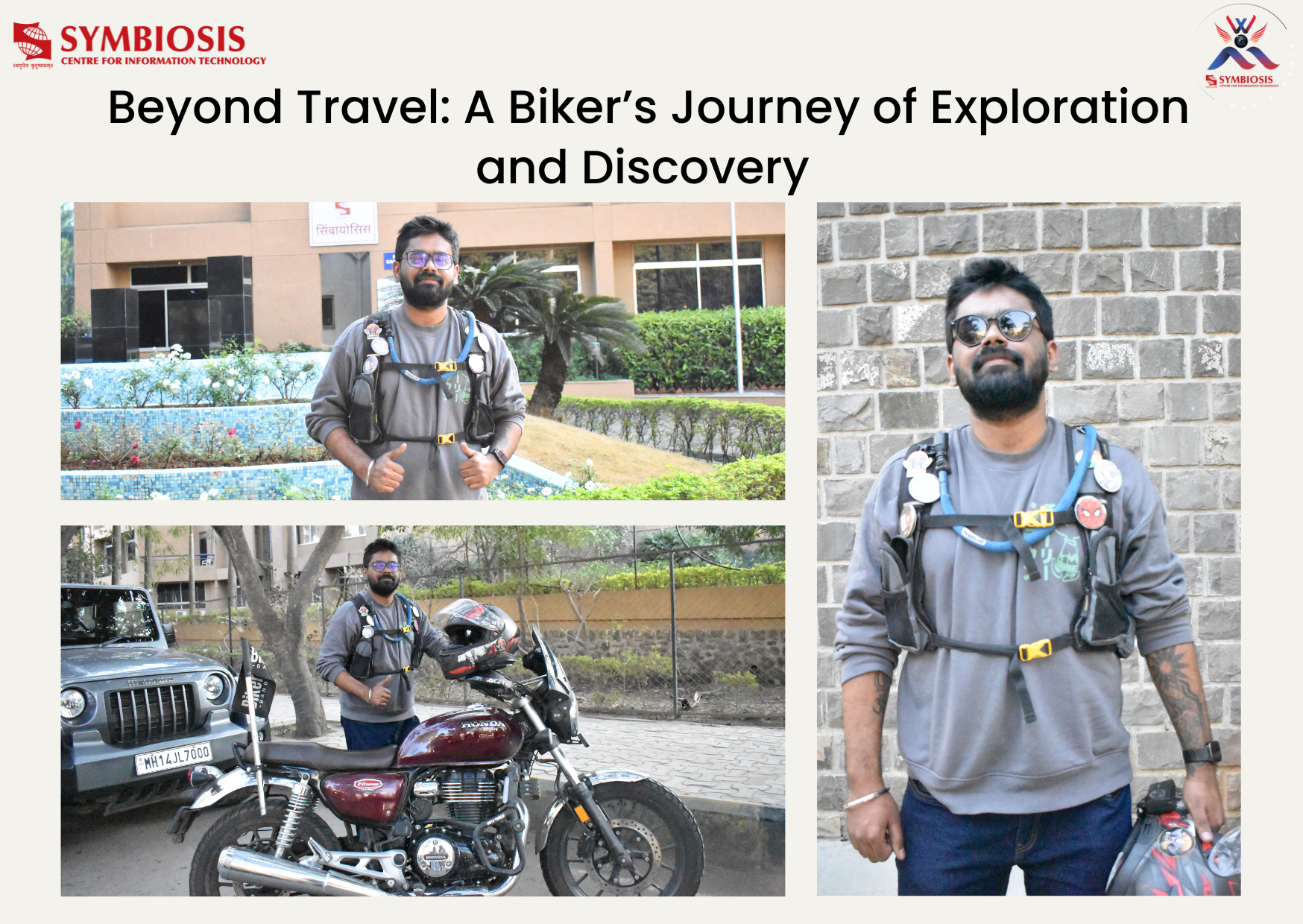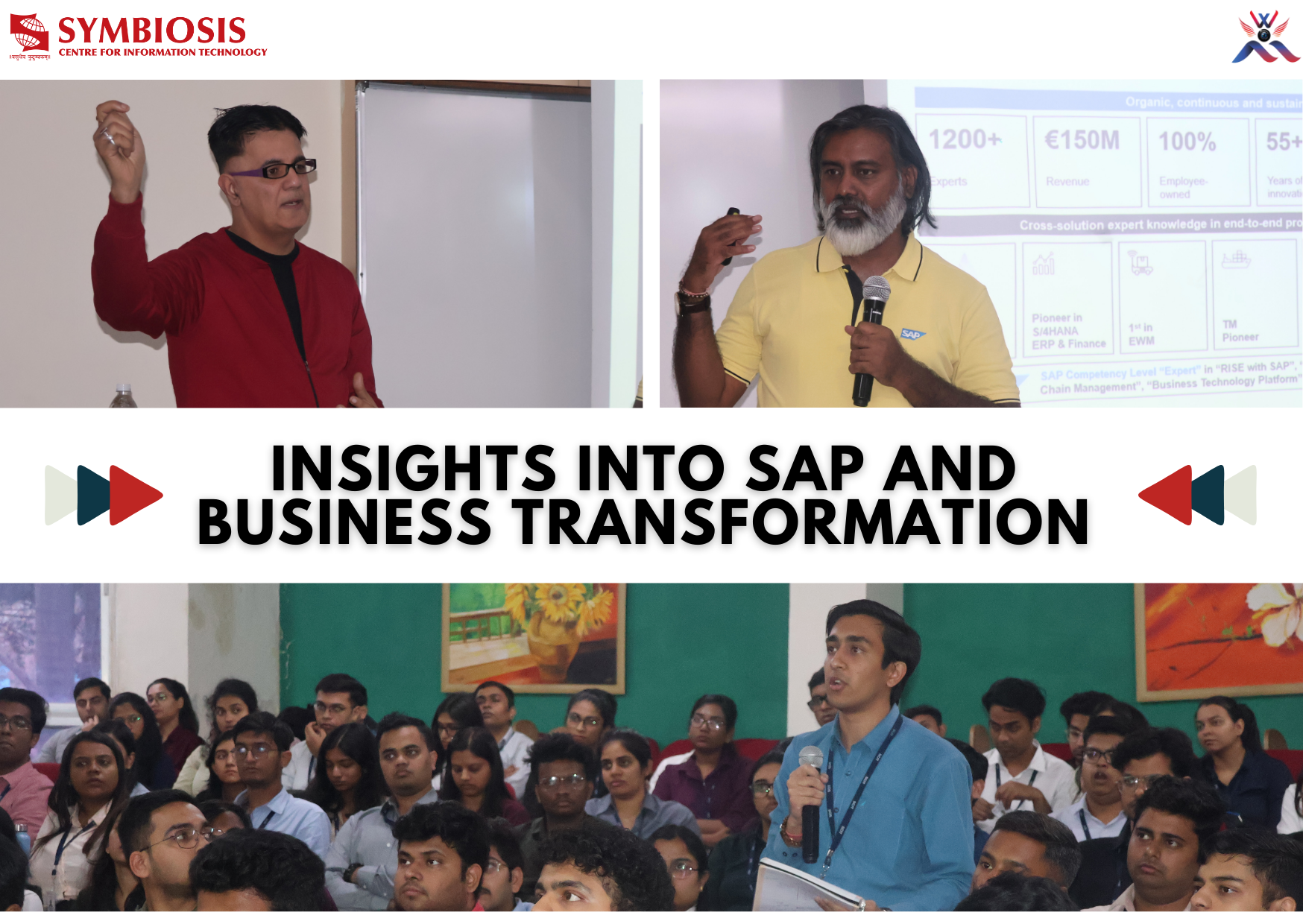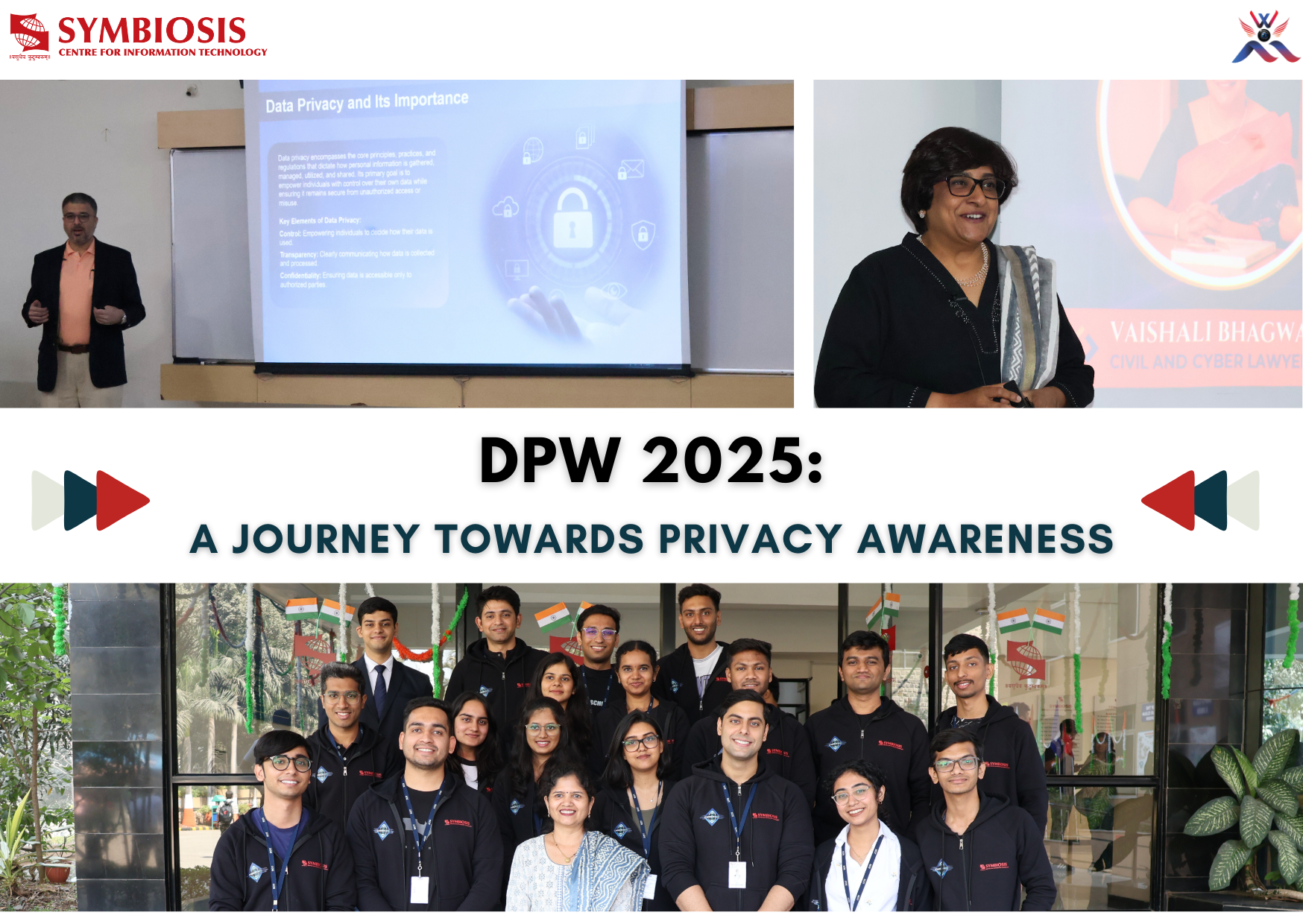SAVING LIVES : A STEP CLOSER

“An educated, is comparatively more accountable for taking care of his society than an illiterate” The IDMP WORKSHOP (integrated disaster management programme) started off with great enthusiasm in SCIT on 16th of August 17, 2017, 9:30 AM. SCIT’ians got a ‘once in a lifetime’ opportunity to interact with the personalities having diverse range of experience over a long period of time in the field of Disaster Management. The faculties, who were called to guide the students through, had years of experience in this field and they have saved hundreds of lives on their own. This is something equivalent to what a soldier does in an army.
The session for “first aid and practical training” was conducted by Dr. Sawant and Dr. Srimathy. The doctors informed the class how to react in the cases of medical emergencies like heart attack and heart stroke. They also informed the students about criticalities of diabetic patients. They explained, in detail, the biological reasons for occurrence of these attacks. The concept of the “golden hour” was introduced which is an hour after the traumatic injury took place. In this hour, the emergency treatment is most likely to be successful. There was thorough practice given for CPR (Cardiopulmonary resuscitation). The do’s and don’ts in the medical emergencies were informed to the students.
Another day included the sessions for “Disaster and management of disaster through three phases”, “Methods of carrying out casualties”, “Rescue operations in different types of emergencies” and “Demonstration of fire – home safety and workplace safety”. These lectures were conducted by Prof. Nitin Dixit and Prof. Shailesh Naik. They familiarized the students about various types of accidents as in water accidents, geographic accidents, road accidents and disease epidemics. They also acquainted the students about various zones of disasters specifies in DISASTER MANAGEMENT ACT of 2005. Zone 1 being the least prone areas and zone 4 being the most prone area to disaster (like Gujarat and eastern states). He advised the students several ways to act in an emergency situation in case they are alone.
There was also a lecture for “Role of community in a disaster” taken by Prof. Ramesh Kulkarni, wherein he told the batch that how, as a community, we can help the victims of major flood affected areas. The students were amazed to know that, he himself, was a part of disaster relief team in few of the worst hit Indian disasters such as Uttarakhand floods, Gujarat earthquake, Pune landslide and many more.
In the session of “Environmental laws, rules and audit”, Prof. Shashikant Nehul cautioned us against the sad and drastic phenomenon taking place on earth due to rapid economic development. This includes global warming, extinction of species at an alarming rate and depletion of Ozone layer. The students realized the urgency to control global warming as the earth’s temperature is increasing at an abrupt rate. He made the students aware of all the reasons for this disastrous climate change. Mr. Nehul also informed the class about various protocols that were tried to be implemented in order to help the whining earth. The batch was acquainted with the concept of Ozone layer depletion and its causes.
All the lectures were followed by assessment of students based on what they learnt.
By the end of the three day workshop, the students got to know their social responsibilities. They learnt, that being educated, they are accountable to make people around them aware of the basic disaster management aspects. Disaster cannot be ceased for sure, but its aftermath can be minimized if the community works as a whole with the basic set of life saving skills. Disaster management is one of the core subjects in our syllabus for a reason. It’s mandatory, for each one of us, to possess these basic life saving skills. The three day workshop concluded on 18th Aug with the commitment to be socially responsible towards community and Earth.

